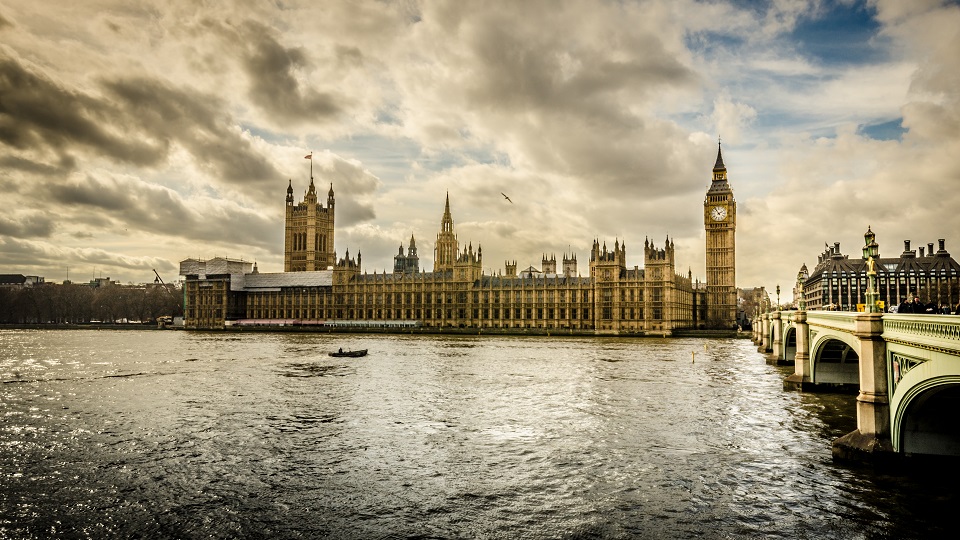Amess, the Conservative member of parliament for Southend West, had been using the church to hold a constituency surgery. These meetings – sometimes called political surgeries – form the bedrock of British democracy. They allow constituents to engage directly with the MPs they elect. It’s their opportunity to raise and discuss issues that matter to them.
Although attacks on MPs in the UK are rare, five have been killed while in office since 1979 – mostly in terrorist incidents related to the Troubles in Northern Ireland. Over this period, significant improvements have been made to the security measures in place at the Houses of Parliament in Westminster.
In the early 2000s, concrete blocks were positioned outside to stop hostile vehicles driving explosive devices into parliament. Due to the threat posed by international terrorist groups, more permanent security measures have appeared over the years – both in and around the Houses of Parliament. These form what has become known as the government security zone, which encompasses Whitehall, home to many government departments, and the Houses of Parliament. Lines of security bollards and security balustrades are overt and have become everyday features. Armed police are a constant presence.
Having a range of measures in place enables police and security authorities to quickly respond to a terrorist threat to protect the parliamentary estate. A decision has also clearly been made that security should be very visible. It has become much harder to enter parliament as a visitor and moving around the area will lead you through various security apparatus, even if you have no intention of entering any government buildings.
And despite the prominent security apparatus, terrorists have still targeted the area around Westminster, including in 2017, when a man hit pedestrians with his car before going on to stab and kill a police officer stationed outside parliament. This attack led to a further security review.
Continues...

For the full article visit the Conversation.
